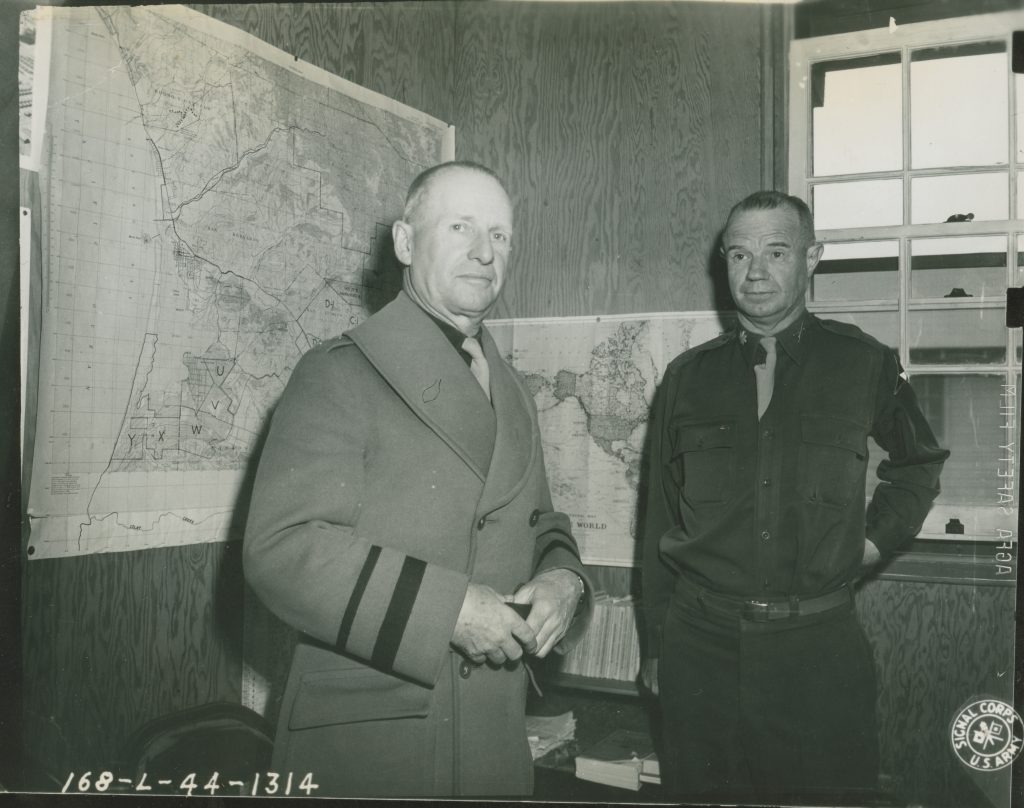
by Ralph Berry
The verb of choice governing relations with the Ukrainian conflict is ‘stand’. We are to stand up to Putin. Alternatively, we must stand by, or stand shoulder-to-shoulder with Ukraine.
The liberal commute is standing-room only.
‘Stand’ leaves untouched the question of meaning. What do we do, actually, when we have got to our feet, other than stand on them? I quite see that cliches are an ideal substitute for thought, and thus of infinite utility. As William Safire liked to say, ‘Cliches should be avoided like the plague.’ Call them a metaphor of sorts, if you like. Personally, I love a metaphor, but metaphors are not designed for the operations of war. Think of Churchill’s ‘underbelly of Europe’, an unconvincing account of Italy.
The country is a long narrow funnel ideal for defence, especially when conducted by General Kesselring. The underbelly turned out to be much harder than the metaphor, and it was not at all ‘soft’.
How, then, do we describe the Ukraine war? The media leapt upon the Russian retreat from Bakhmut. But retreat is not the same as defeat.
Wellington said that the mark of a great general is to know when to retreat, and to do it. The current phase of the war is best described as ‘attrition’–and the point of attrition is that the outcome is not known. The retired generals whose specialty is the maps on the TV screen throw up their hands at attrition, because it cannot be visually illustrated. The nearest images today are the Passchendaele photos of Bakhmut, which closely resemble the desolate landscapes of Sam Mendes’s 1917. That film has a shot of the piles of shell casings in an abandoned artillery park, an exact statement of the way the Ukraine war is being fought. Maps, the favourite tool of the lecturing classes, bear only a spurious resemblance to reality.
Language will have to support the claims of maps. A classic instance comes from General The Lord Dannatt (Richard Dannatt) in the Telegraph, 27 December. ‘The West must continue to stand solidly together and firmly deter any further Russian expansionist aspirations.’ Standing must be reinforced by adverbs, always the weakest element of any proposition. ‘Firmly’ is purest Marxist-speak, and is joined by ‘solidly’. That means that slackers should come in from the outfield–naming no names but looking in the direction of France, which has no intention of taking the beat from a former chief of the General Staff.
Dannatt then falls back on the standard resource of the military, the need to spend more money on defence. The emphasis has shifted though.
Tanks are out, following the fiasco of the thrasonically-named Ajax Light Tank. This turkey cost £6 billion. A comparable highly expensive failure is the German Puma (named, oddly, after the Argentine mascot). It is now known as the Pannenpanzer, or ‘breakdown tank’, following a spectacular series of failures in training exercises. The Bundeswehr has suspended all further purchases of the Puma. Time was when the Germans could do tanks.
Since the high-tech case for defence expenditure is under a cloud, the argument shifts to boots on the ground, spread along the NATO-Russia borders. The top brass calculates that boots come cheaper than tanks, even with human infill, and the call is for British troops to stiffen the long NATO borders. The paramount need is to maintain defence spending. ‘We should remember that ‘parsimony in the 1930s nearly resulted in disaster in 1940’. No, it didn’t. Britain was spending as much as Germany in the years before the war, and Chamberlain’s greatest error was not parsimony but the Polish guarantee (now replaced by the Ukraine guarantee). Dannatt must bone up on history.
We shall learn more of the war’s strategy in the next month or so. In particular, we shall know if the threatened Russian offensive is largely maskirovka, at which the Russians are experts. It is designed in this case to tie down the Ukraine forces to the supposed area of the offensive, which is being shelled with haphazard effectiveness.
That is the nature of shelling. Meantime we must feast on the meagre remains of ‘standing’. The Telegraph regular in the military-diplomatic field, Con Coughlin, says that ‘The only way to deal with despots like Putin, as Zelensky has admirably demonstrated, is to show them you mean business.’ There is something very business-like in showing them you mean business. Colonel Richard Kemp, whose martial instincts have not been assuaged by retirement, writes that ‘the West should be showing its teeth, doubling down on military and financial support for Ukraine and not even picking up the phone to Putin.’ Sabre-rattling has now yielded to teeth-baring.
Rhetoric itself has gone into attrition mode.
- Like
- Digg
- Del
- Tumblr
- VKontakte
- Buffer
- Love This
- Odnoklassniki
- Meneame
- Blogger
- Amazon
- Yahoo Mail
- Gmail
- AOL
- Newsvine
- HackerNews
- Evernote
- MySpace
- Mail.ru
- Viadeo
- Line
- Comments
- Yummly
- SMS
- Viber
- Telegram
- Subscribe
- Skype
- Facebook Messenger
- Kakao
- LiveJournal
- Yammer
- Edgar
- Fintel
- Mix
- Instapaper
- Copy Link









One Response
What a brittle bunch of ossified excreta! Who follows Putin and Zelensky at the aztecian altar?
Ask the war’s corpses what they advise to ensure that the lessons taught are learned.
How about using “increased function” ebola as a low cost alternative to explosives and their delivery systems? Don’t worry about wind direction; just don’t inhale. Use the saved funds to build gallows for decoration with warmongers and their psychopathic cohort.
Name the taxpayers funding the $100+ Billion offerred to Ukraine and list them alongside the war dead, so that we may feel good about ourselves.